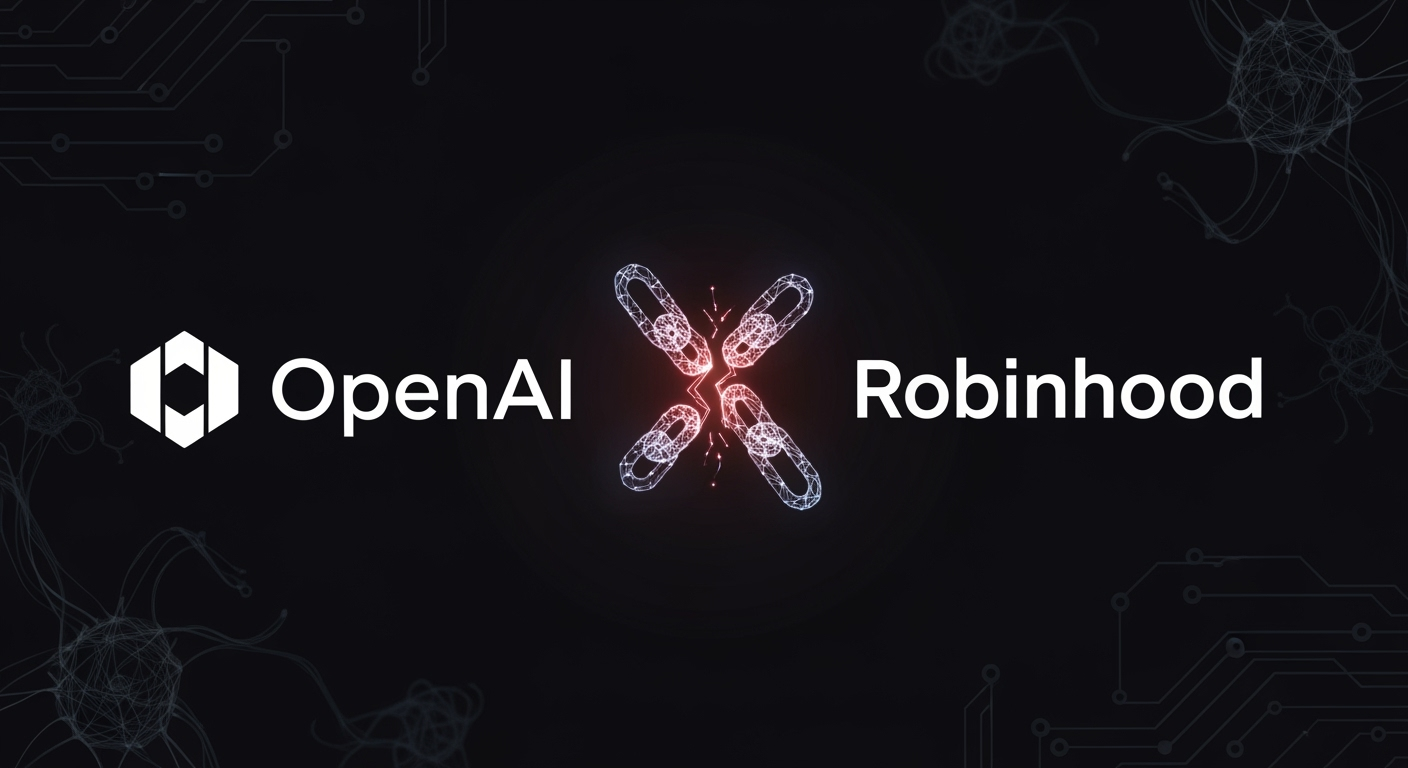OpenAI Disavows Robinhood's 'Tokens': Not Equity

OpenAI has issued a strong warning regarding Robinhood's recently launched "OpenAI tokens," unequivocally stating that these tokens do not represent equity or stock in the company. The AI giant clarified that it neither partnered with Robinhood nor endorsed the token sale, urging consumers to exercise caution.
OpenAI's Firm Stance
In a post from its official Newsroom account on X (formerly Twitter), OpenAI made its position clear: "These 'OpenAI tokens' are not OpenAI equity. We did not partner with Robinhood, were not involved in this, and do not endorse it. Any transfer of OpenAI equity requires our approval—we did not approve any transfer. Please be careful."
This statement directly addresses Robinhood's announcement earlier in the week about selling "tokenized shares" of private companies, including OpenAI and SpaceX, to users in the European Union. Robinhood positioned this initiative as a way to provide everyday individuals with exposure to the world’s most valuable private companies via blockchain technology. Following this announcement, Robinhood’s stock price reportedly reached an all-time high.
Understanding Private Company Equity vs. Tokens
The core of the issue lies in the nature of private companies. Unlike publicly traded entities, shares in companies like OpenAI and SpaceX are not available on open markets. They are sold to investors of the company's choosing, and any transfer of such equity requires specific approval from the company itself. OpenAI's public disavowal underscores this crucial distinction.
Robinhood's Explanation
In response to OpenAI's condemnation, Robinhood spokesperson Rouky Diallo explained that the "OpenAI tokens" are part of a "limited" giveaway designed to offer retail investors indirect exposure. This exposure, according to Robinhood, is achieved "through Robinhood’s ownership stake in a special purpose vehicle (SPV)."
An SPV, in this context, means that Robinhood owns shares in a separate legal entity (the SPV) which, in turn, holds a certain number of OpenAI's shares. Therefore, owning these tokens means ownership in the SPV, not direct ownership of OpenAI shares. The pricing of shares in an SPV can also differ from the actual stock price of the underlying company.
Why This Matters
Private companies often meticulously control how their equity is valued and transferred. Unauthorized secondary market activities can complicate this, leading companies like OpenAI to take swift action. This situation echoes similar instances where private companies, such as humanoid robotics startup Figure AI, have sent cease-and-desist letters to brokers marketing their stock without authorization.
For consumers, the key takeaway is to understand that these "OpenAI tokens" do not confer direct ownership or equity in OpenAI. Investors should always conduct thorough due diligence and understand the underlying assets and risks associated with such financial products.
References
- OpenAI Newsroom Official Statement on X
- CNBC: Robinhood to offer tokenized shares of OpenAI, SpaceX
- CNBC Video: Robinhood shares hit record high amid introduction of new tokens
- TechCrunch: VCs are so eager for AI startups they’re buying into each others’ SPVs at high prices
- TechCrunch: Figure AI sent cease-and-desist letters to secondary markets brokers
- TechCrunch: OpenAI condemns Robinhood’s 'OpenAI tokens' (Original Source)





